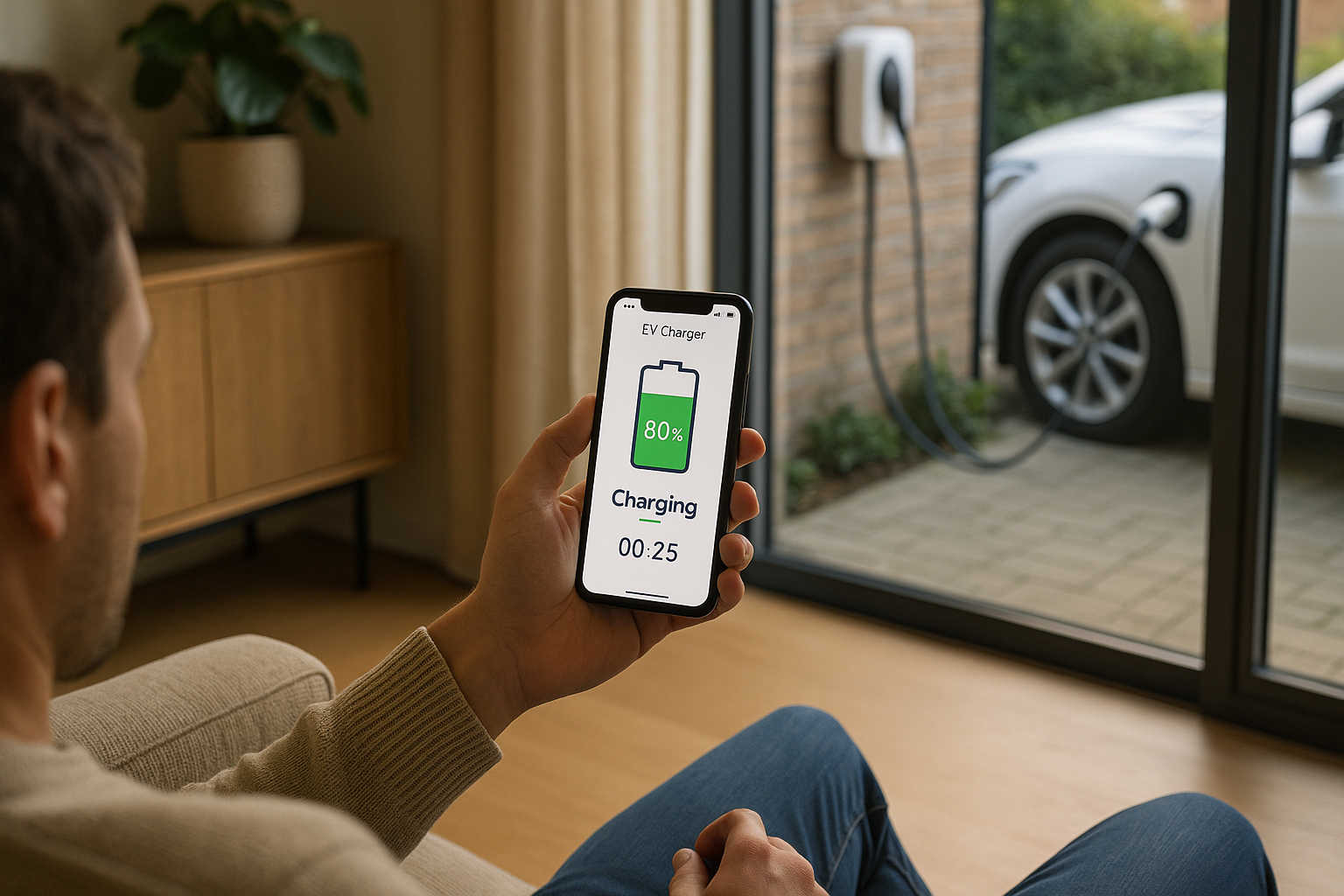Effortless home EV charger installation saves you time instantly
Effortless home EV charger installation saves you time and energy, offering the convenience you crave while encouraging you to browse options for seamless solutions.

Understanding Home EV Charger Installation
As electric vehicles (EVs) become increasingly popular, the demand for efficient home charging solutions is on the rise. Installing an EV charger at home not only enhances the convenience of charging your vehicle but also significantly reduces the time spent searching for public charging stations. With the right setup, you can charge your car overnight and start each day with a full battery, making your daily commute hassle-free.
Benefits of Home EV Chargers
The primary advantage of home EV chargers is the convenience they offer. No longer will you need to allocate time to visit public charging stations, which can be both time-consuming and costly. Home charging allows you to take advantage of lower electricity rates during off-peak hours, potentially reducing your charging costs. Moreover, home chargers can charge your EV faster than standard wall outlets, providing a full charge in a matter of hours rather than days.
Types of Home EV Chargers
EV chargers are generally classified into three levels:
- Level 1 Chargers: These use a standard 120-volt outlet and are the slowest option, adding about 2 to 5 miles of range per hour.
- Level 2 Chargers: Operating on a 240-volt outlet, these chargers are much faster, adding 10 to 60 miles of range per hour. They are the most popular choice for home installations.
- Level 3 Chargers (DC Fast Chargers): While not typically used for home installations due to their high cost and power requirements, they can charge an EV to 80% in about 30 minutes.
Cost Considerations
The cost of installing a home EV charger can vary significantly based on the type of charger and the complexity of the installation. A Level 2 charger typically costs between $500 and $2,000 for the unit itself, with installation costs ranging from $500 to $1,500 depending on your home's electrical setup1. Some utility companies and government programs offer rebates or incentives to offset these costs, so it's worth exploring these options as you plan your installation2.
Installation Process
Installing a home EV charger is a straightforward process but should be performed by a licensed electrician to ensure safety and compliance with local regulations. The electrician will assess your home's electrical capacity, install the appropriate wiring, and mount the charging unit. Once installed, you can enjoy the convenience of charging your vehicle at home, reducing your reliance on public charging infrastructure.
Exploring Additional Resources
For those interested in a deeper dive into home EV charger options, there are numerous resources available online. Websites like the U.S. Department of Energy offer comprehensive guides on EV charger types and installation processes3. Additionally, many manufacturers provide detailed information on their products and offer customer support to assist with your decision-making process.
Installing a home EV charger is an investment in convenience and efficiency. By understanding the types of chargers available and the associated costs, you can make an informed decision that best suits your lifestyle. As you explore the range of options available, you'll find that the benefits of home charging extend far beyond mere convenience, offering a sustainable and cost-effective solution for your electric vehicle needs.
